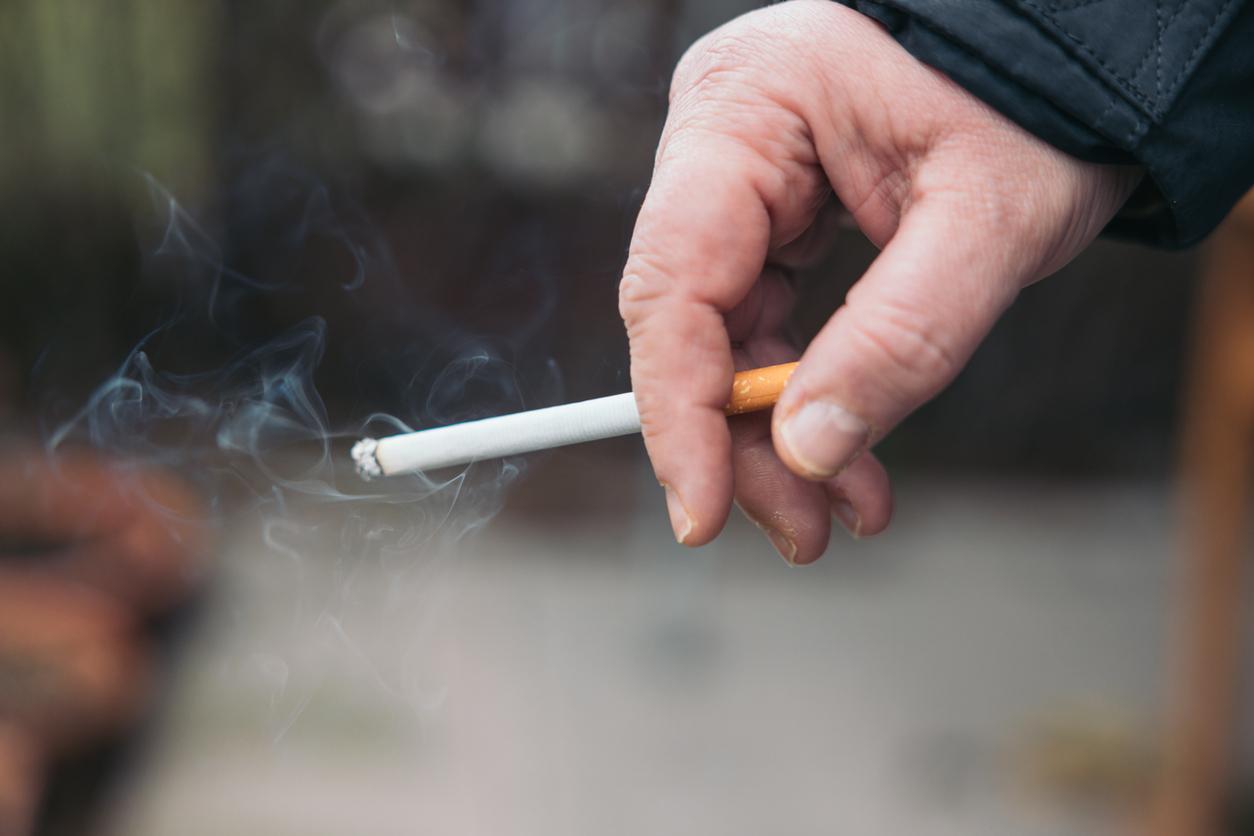Banning smoking in public places has a positive influence on children’s health and serves as a lesson for countries that are soft on smoking.

For several decades, states have passed restrictive tobacco laws. Banning smoking in public places, increasing the price of cigarette packs, all means are good to try to reduce tobacco consumption. Studies show that since the 1980s restrictive laws have allowed people to gain two years of life expectancy. A large-scale study, published in The Lancet, was interested in the influence of these laws on children’s health.
Positive laws for children’s health
To find out the influence of its restrictive laws, researchers at the University of Edinburg conducted studies in Europe and North America. 2.5 million births and 250,000 hospitalizations for an asthma attack were analyzed by the teams of Dr Jasper Been.
After having put in parallel the dates of implementation of the laws and the number of births, they noticed that the number of premature births decreased by 10%. A real demonstration for countries where anti-smoking laws are too lax or non-existent.
Researchers have also been interested in asthma attacks. In fact, passive smoking is extremely harmful for children with asthma. A study published in the journal Pediatrics showed that a child with asthma exposed to cigarette smoke was twice as likely to be readmitted to hospital for a new asthma attack in the same year. In areas protected by anti-smoking laws, hospitalizations for severe asthma attacks have fallen by more than 10%.
Passive smoking, a danger for children
As the authors of the study noted, the problem is that less than 1/6th of the population is affected by these laws. In sum, 40% of children are still exposed to passive smoking around the world. 160,000 die from it each year and thousands suffer from a physical handicap linked to passive smoking.
Passive smoking is extremely dangerous for children. When a pregnant woman is exposed to second-hand smoke, her child is at great risk. The risk of premature births or having a stillborn baby increases with exposure. The child may be born low weight and have reduced brain development. The risks of sudden death, cancer and respiratory diseases in childhood are also increased.
Prof. Aziz Sheikh, co-director of the study, hopes this study will have an impact: it “demonstrated the considerable potential that anti-smoking laws offer in reducing the number of premature births and acute asthma attacks. The many countries which do not have such legislation should reconsider in the light of this study their position on this important public health issue ”.
.















